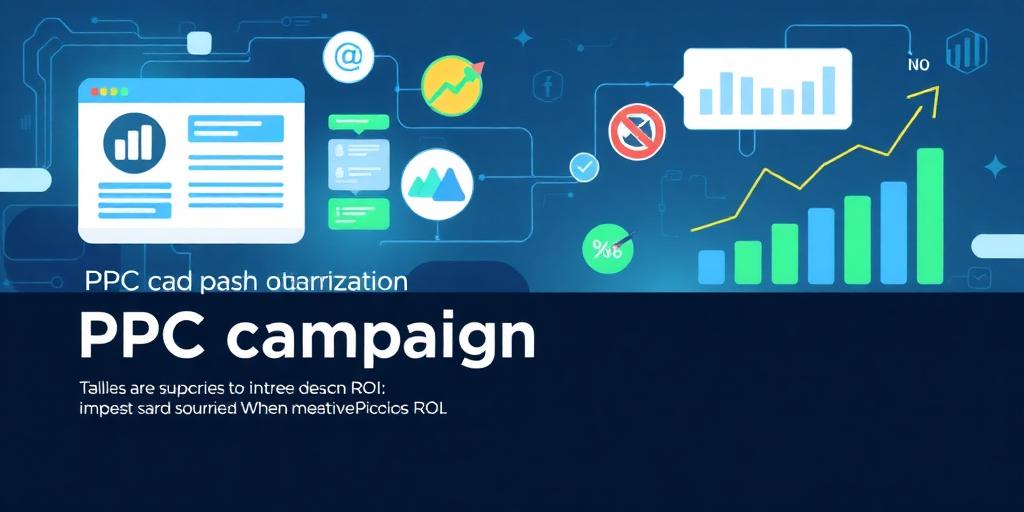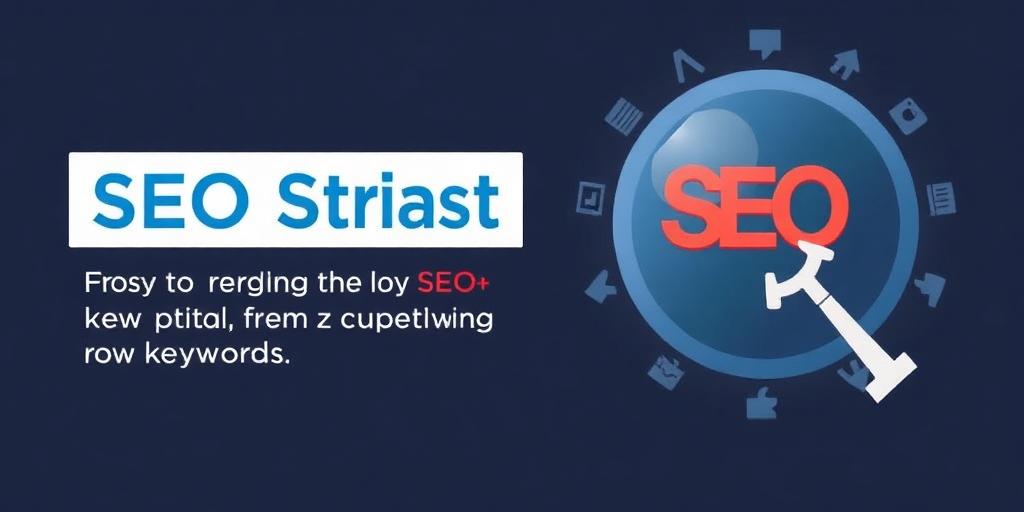In the realm of search engine optimization (SEO), meta titles and descriptions are critical elements that significantly influence a website's visibility and click-through rates. These HTML tags provide concise summaries of webpage content, displayed on search engine results pages (SERPs) to help users and search engines understand the relevance and context of each page.
Meta titles, also known as title tags, are the primary headlines that appear in search results. They should be compelling and accurately reflect the page's content. Best practices for meta titles include keeping them under 60 characters to avoid truncation, incorporating relevant keywords, and ensuring each title is unique across the website.
Meta descriptions, on the other hand, offer brief explanations of a page's content, typically displayed below the meta title in search results. Although meta descriptions do not directly impact search rankings, they play a crucial role in attracting clicks by providing additional context and enticing users to visit the site. Effective meta descriptions should be concise (under 160 characters), action-oriented, and aligned with the content of the page. They should also include relevant keywords to improve search relevance.
The strategic use of meta titles and descriptions is essential for improving a website's SEO performance and user experience. By optimizing these elements, businesses can enhance their online visibility, drive targeted traffic, and ultimately achieve their digital marketing objectives.









